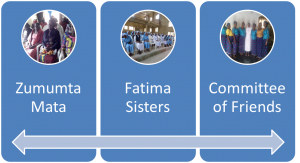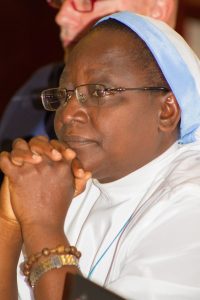“Freedom cannot be achieved unless the women have been emancipated from all forms of oppression” (Nelson Mandela)
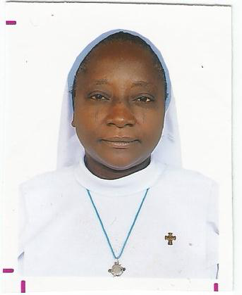 I was born into the very rich cultural heritage of the ancient Nok Culture civilization in Northern Nigeria. Growing up in this rich cultural vicinity where human and animals lived in harmony, gave me an affectionate love and loyalty for traditional and indigenous way of doing things. This background eventually shaped my love for nature and respect for people and environment, all imbibed in my blood stream as a child. However, as I was growing up and becoming more consciously awakened to relationships in my community, I did not need hind eyes to quickly notice the imbalanced treatment of women in contrast to men, especially childless women. It was a patriarchal world. This phenomenon perplexed me as it seems to cut across diverse cultures and traditions. The multitude of imbalances spurred by patriarchy were very disturbing. But it fired in me the passion to seek to understand what the strengthening of the female identity implies and in what ways I can respond to the imbalanced gender dynamics in my culture and society. I just knew I needed to make a journey of self-discovery that could enable me to make my little contribution in redefining my identity as a woman and if possible and when feasible to redefine the image of women in the society.
I was born into the very rich cultural heritage of the ancient Nok Culture civilization in Northern Nigeria. Growing up in this rich cultural vicinity where human and animals lived in harmony, gave me an affectionate love and loyalty for traditional and indigenous way of doing things. This background eventually shaped my love for nature and respect for people and environment, all imbibed in my blood stream as a child. However, as I was growing up and becoming more consciously awakened to relationships in my community, I did not need hind eyes to quickly notice the imbalanced treatment of women in contrast to men, especially childless women. It was a patriarchal world. This phenomenon perplexed me as it seems to cut across diverse cultures and traditions. The multitude of imbalances spurred by patriarchy were very disturbing. But it fired in me the passion to seek to understand what the strengthening of the female identity implies and in what ways I can respond to the imbalanced gender dynamics in my culture and society. I just knew I needed to make a journey of self-discovery that could enable me to make my little contribution in redefining my identity as a woman and if possible and when feasible to redefine the image of women in the society.
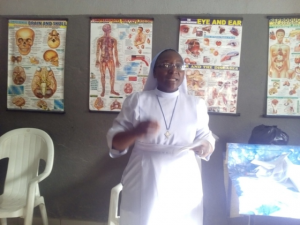
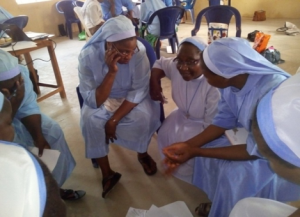
This inner journey to self-discovery and drive for self-fulfillment led me to discover my vocation to the Sisterhood. This turned out to be my inner calling – what it feels to live a fulfilled life as a woman without a husband or biological children. I joined the Sisterhood. The news of my choice for this untypical way of life brought my name on the lips of young and old in the village. It meant my deviating from cultural norms of my ancestral heritage. Being the first in Jaba Land to become a Sister, my grandmother put forward this question to me “If you do not have a child of your own, when they call you a woman, will you answer?” Her question stirred a passion in me to for search for an answer that resonates with my ideal image of the female identity that is not based on cultural definition. Also, it compelled me to think of how to change this old traditional concept about women in my community and the society.
My curiosity rests in the hope that as my fellow sisters consciously and radically opted for sisterhood successfully within our traditional setting, renouncing marriage, motherhood and family life in a society that places such high value on it and probably if they were able to uphold their dignity as ‘women’ when they are so called, in contrast to what my grandmother disputed, then I needed to explore how. And as Sisters successfully thrive within the patriarchal structure of the Catholic Church and the culturally and traditionally male dominated society, then it substantiates my desire to become an agent of emancipation for women, and confirms my faith in my potentials as a woman to emancipate myself and other women as well.
This informed my choice of the areas of study after my elementary education. I read social work at diploma level at the University of Jos and Community Development at Postgraduate and Masters Levels in Kimmage Ireland and University of East Anglia respectively. Thereafter, when I returned home to Nigeria, I worked with various communities funded by MISERIOR, MISSIO, CAFOD and other funding agencies. During the course of my community development experience, I encountered various categories of women at different levels – church, community and organizations. I realised then that women in most cultures were confronted with similar challenges that had serious consequences, especially childless women in the society. And I wondered how to go about intervening in this situation.
In the course of my work I fell ill. My search for a cure brought me in contact with Pax Herbals and Father Dr. Anselm Adodo, the herbalist, and I fortunately got cured by using indigenous herbal remedies. My ill health and cure were providential as I see it now, because in the process, I realised that women with fertility challenges could be cured using indigenous herbal remedies. A new outburst of passion to assist such women address their childlessness aroused in me. At first my passion was to assist especially women get over their childlessness but with the magnifying lenses of Integral development, which I am proud to have discovered from my encounter with Fr. Adodo and Professors Ronnie and Alexander, a new consciousness has awakened in me and I desire to go beyond physical or biological healing to explore a more holistic healing of the society and especially for women – spiritually, politically, economically and socially.
I believe that Consciousness is an immense force greater than a bomb which can explode into transformative development in the universe. My desire is to create consciousness that is strong enough to create harmony among women, to fathom the interior healing needed in the universe and then to co-create a healing center that will leverage their unfortunate situation going beyond physical healing and including social, political, economic and spiritual healing. This will then bring to birth integral fertility, transcending biological fertility. My research to innovation journey hinges on women emancipation. Hence my research is entitled “Empowerment of Women Using Indigenous African Herbal Innovation Technology in Tudun Wada Community of Jos-Northern Nigeria” I intend to deal with the question of how indigenous herbal remedies can evolve into a more sustainable alternative option for all-inclusive “healing” for the burning issues of stigmatization and oppression of women and society as a whole. Conscious of our collective potentials and possibilities, I intend to pull together three women groups – the Nuns, Church women organizations and a Circle of Friends’ organization.
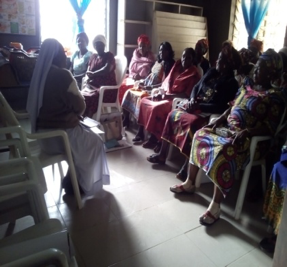
As an African saying goes “it is a combination of three stones that forms a balanced platform for the pot on the fire.” From my observation, women as organizations are so disconnected, each taking their path hence do not form enough force to press for change of oppressive systems around them. My passion is to pull the three groups together, away from these individualistic paradigms into a more collective and interconnected network of women, to build a social cohesion that is solidified through mutual solidarity among them – (Nuns, Christian Women Organization and Circle of Friends), knowing that a collective platform of women with enormous potentials and possibilities can and will co-evolve into a new innovative structure that will be institutionalized to foster women emancipation that will lead to the transformation of the female identity in my community and society.
My integral research pursuit is to investigate how an integral healing approach can be developed, combining indigenous African herbal approaches to healing with psychological and cultural tools in the area of infertility and childlessness, on a personal level, but equally on a societal cultural-psychological level that links indigenous African concepts, theories and practices, with exogenous, global concepts, theories and practices.
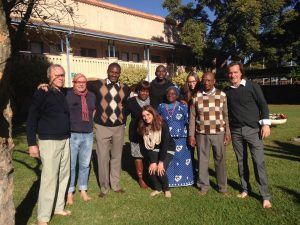
Specifically, what kind of educational and health programs can be put in place to promote the socio-economic empowerment of women in urban communities in Northern Nigeria – focusing, as a case story, on Tudun Wada, Jos, Plateau State.
